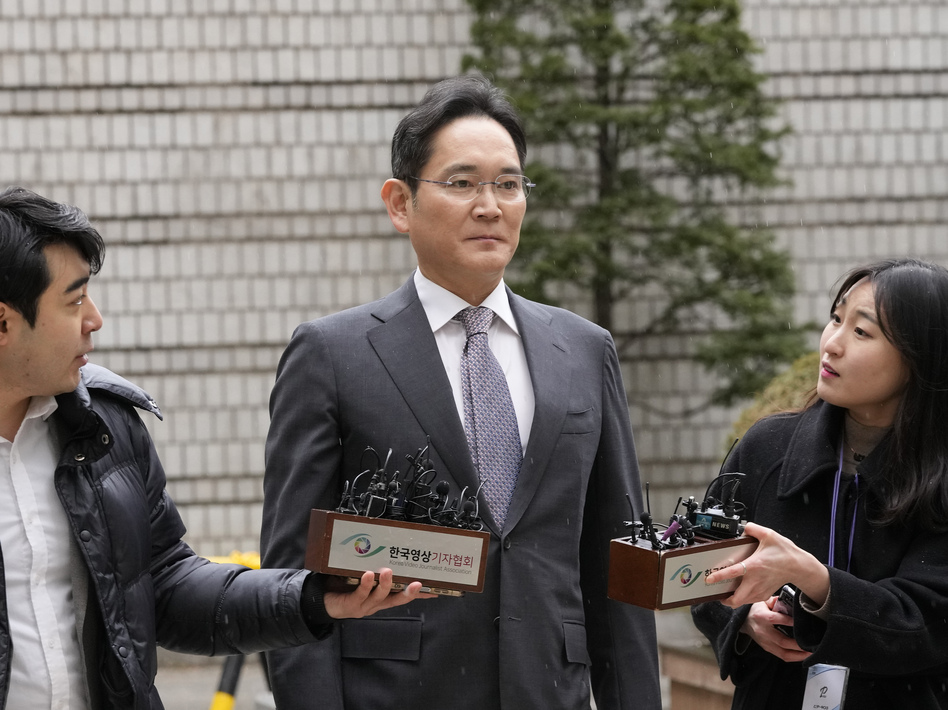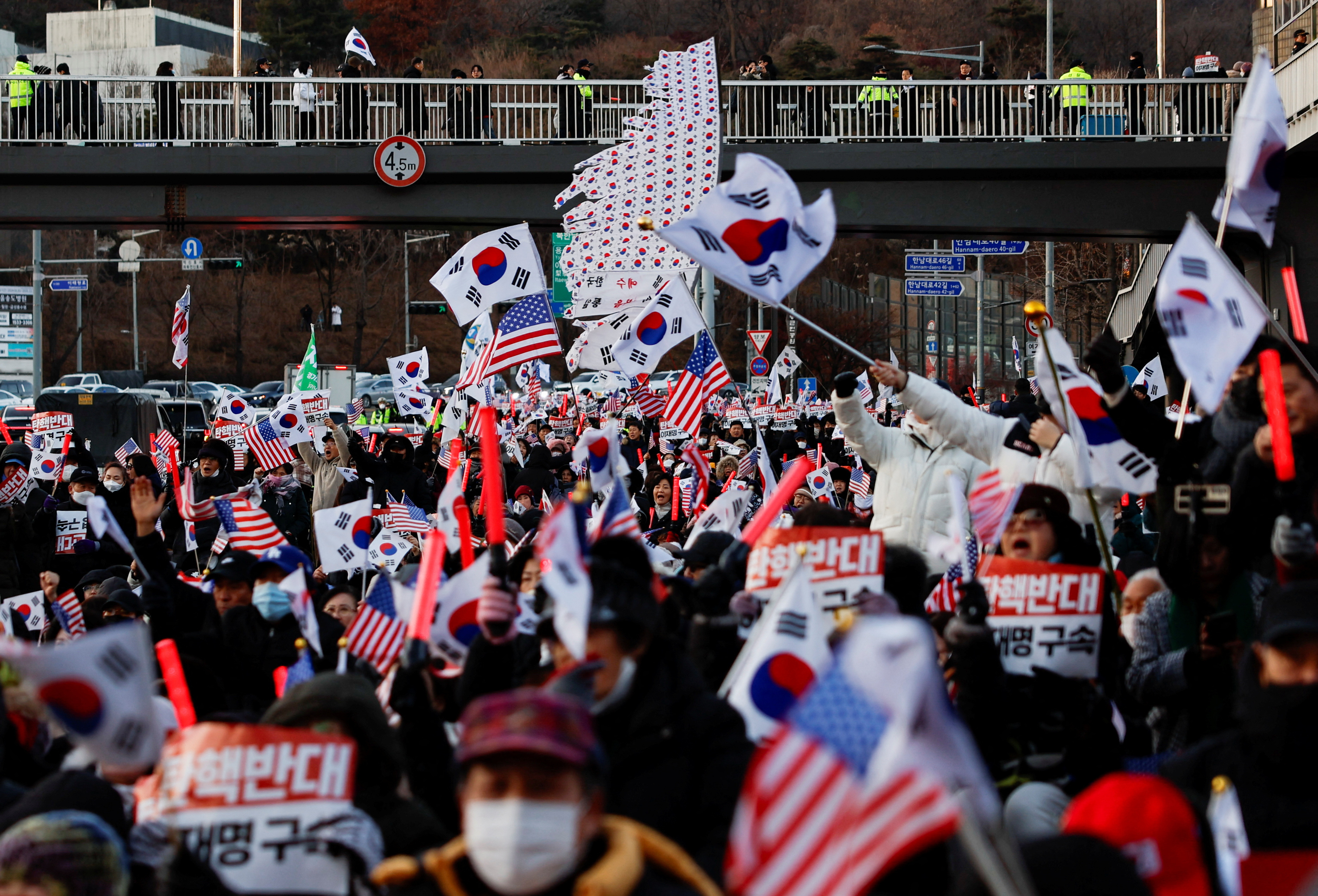Yoon"s Arrest Signals Deepening Political Crisis
On July 10, 2025, former South Korean President Yoon Suk-yeol was arrested for the second time in just over four months, highlighting a staggering level of political turmoil in the nation. The Seoul Central District Court issued the arrest warrant, citing concerns over the potential destruction of evidence related to serious charges, including foreign exchange violations and the illegal imposition of martial law. This arrest follows Yoon"s brief release on March 8, where his prior detention was nullified by the court, raising questions about the integrity of South Korea"s judicial system.
Evidence Mounts Against Yoon"s Regime
According to reports, the Special Prosecutor"s team secured the arrest of Yoon after only 22 days of investigation, indicating the rapid accumulation of damning evidence against him. The court stated that there is a real risk of evidence tampering, especially given Yoon"s alleged directives to obstruct justice, including instructing members of his security detail to thwart law enforcement efforts during his initial arrest in January. The implications of this ongoing saga extend beyond Yoon himself, threatening the stability of the entire South Korean political landscape.
Corruption at the Highest Levels
Yoon is accused of several serious offenses, including directing the deletion of sensitive communications that could implicate him in wrongdoing. His administration"s alleged manipulation of the martial law declaration process raises alarming questions about democratic governance and civil rights in South Korea. Yoon’s insistence that the martial law was a necessary "warning" against opposition legislative actions further underscores a troubling trend of authoritarian maneuvers in modern governance. The Special Prosecutor"s investigation is expected to delve into these claims, providing critical insights into the extent of Yoon"s malfeasance.

Samsung chief Lee Jae-yong is acquitted of financial crimes related to ...
Legal Maneuvers and Political Ramifications
The legal battle surrounding Yoon"s arrest is being characterized by intense courtroom drama. During a lengthy hearing on the day of the arrest, both the prosecution and defense presented extensive presentations, with the prosecution submitting over 300 pages of arguments aimed at justifying the need for Yoon"s detention. The defense team, armed with a 167-page counterargument, claimed that the legal grounds for Yoon"s re-arrest were unfounded and based on previously resolved issues related to allegations of insurrection. This back-and-forth highlights the complexities of South Korean law and the political stakes at play.
Impact on Civil Rights and Democratic Norms
This legal turmoil is not merely a personal crisis for Yoon but a larger threat to civil rights and democratic norms in South Korea. The former president"s actions, particularly in the context of martial law, serve as a cautionary tale about the fragility of democratic institutions in the face of authoritarian temptations. The implications of this case will resonate far beyond the courtroom, potentially influencing public sentiment regarding governance and accountability in South Korea.
The Road Ahead for South Korea
As Yoon faces additional questioning during his 20-day detention, the Special Prosecutor"s team is poised to explore the foreign exchange violations that have been described as central to Yoon"s alleged corrupt practices. The forthcoming investigations will be crucial in determining the future of South Korean democracy and civil rights. The political climate is charged, with public opinion shifting dramatically as citizens demand accountability from their leaders. The outcome of this case could set a precedent for how political corruption is addressed in the nation, potentially reshaping the landscape of South Korean politics for years to come.

South Korea"s presidential aides offer to resign amid ...



![[Video] Gunfire between Iraqi security forces and Sadr militias in Baghdad](/_next/image?url=%2Fapi%2Fimage%2Fthumbnails%2Fthumbnail-1768343508874-4redb-thumbnail.jpg&w=3840&q=75)
